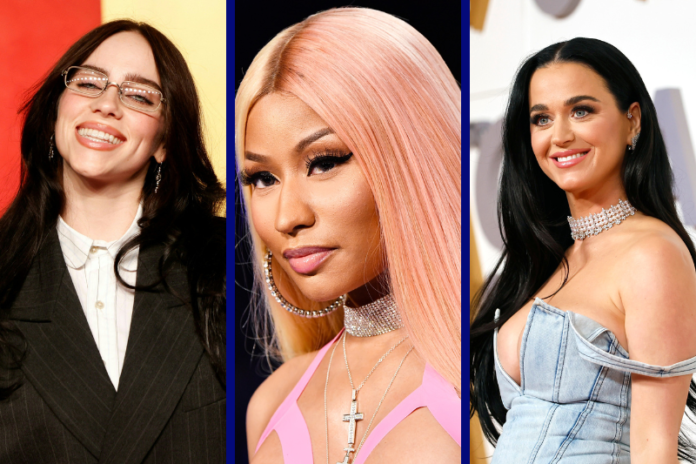Billie Eilish, Nicki Minaj, and other prominent artists have come together to raise concerns about the use of artificial intelligence (AI) in the music industry.
In an open letter signed by over 200 artists, including Katy Perry and the estate of Frank Sinatra, they have called for a halt to the “predatory” use of AI that may undermine the work of songwriters and artists.
The artists warned that AI could lead to a “race to the bottom” if not properly regulated. They urged tech companies not to develop AI music-generation tools that could replace human creativity and deny artists fair compensation for their work.
The Artists’ Rights Alliance, in collaboration with various artists, posted the open letter on Medium, highlighting how AI could infringe upon the rights of human artists and devalue their work. Tom Kiehl from UK Music also expressed concerns about artists’ work being used to train AI models without their consent, describing it as “music laundering.”
While some artists like Grimes and David Guetta support the use of AI in music creation, others, including Sting, have voiced their disapproval. Sting emphasized the importance of preserving the human touch in music creation and defending against the rise of AI-generated songs.
The controversy surrounding AI in music was brought to the forefront when a song mimicking the voices of Drake and The Weeknd went viral online. Drake and other artists expressed disapproval of the song, which was generated using AI voice cloning tools. The incident raised questions about the ethical implications of AI in the music industry.
Despite differing opinions among artists, the call for responsible use of AI in the music industry echoes a growing concern about the potential misuse of technology.
As the debate continues, it is essential to balance innovation with ethical considerations to protect the rights and creativity of artists.

